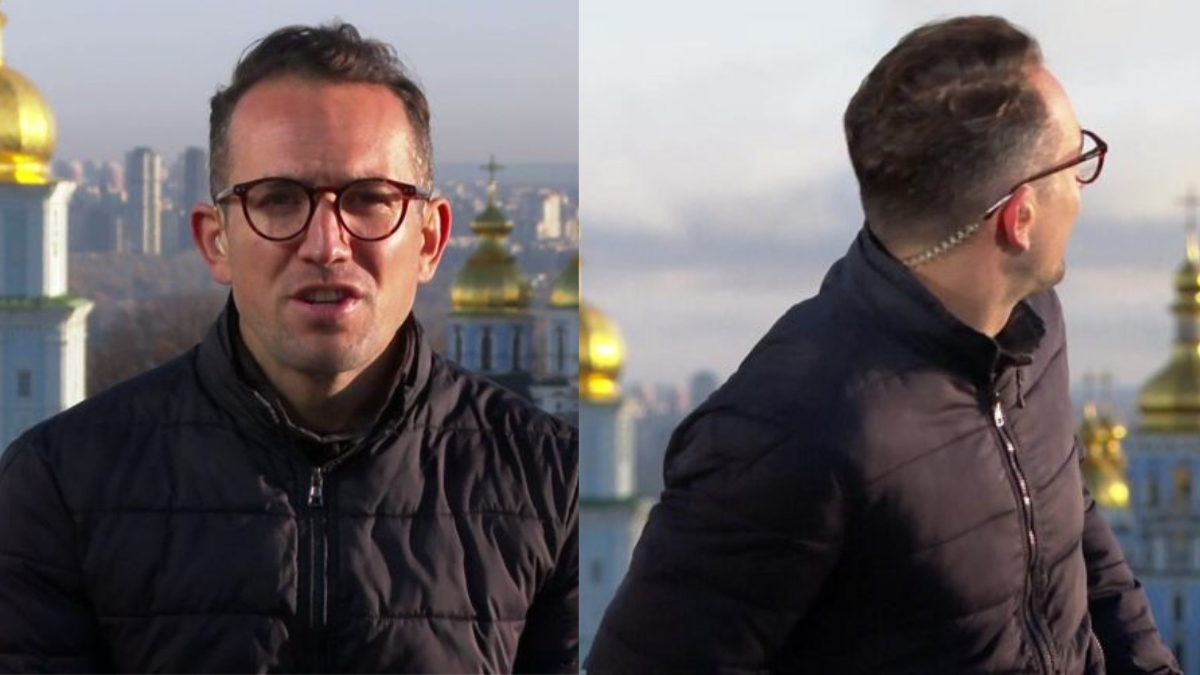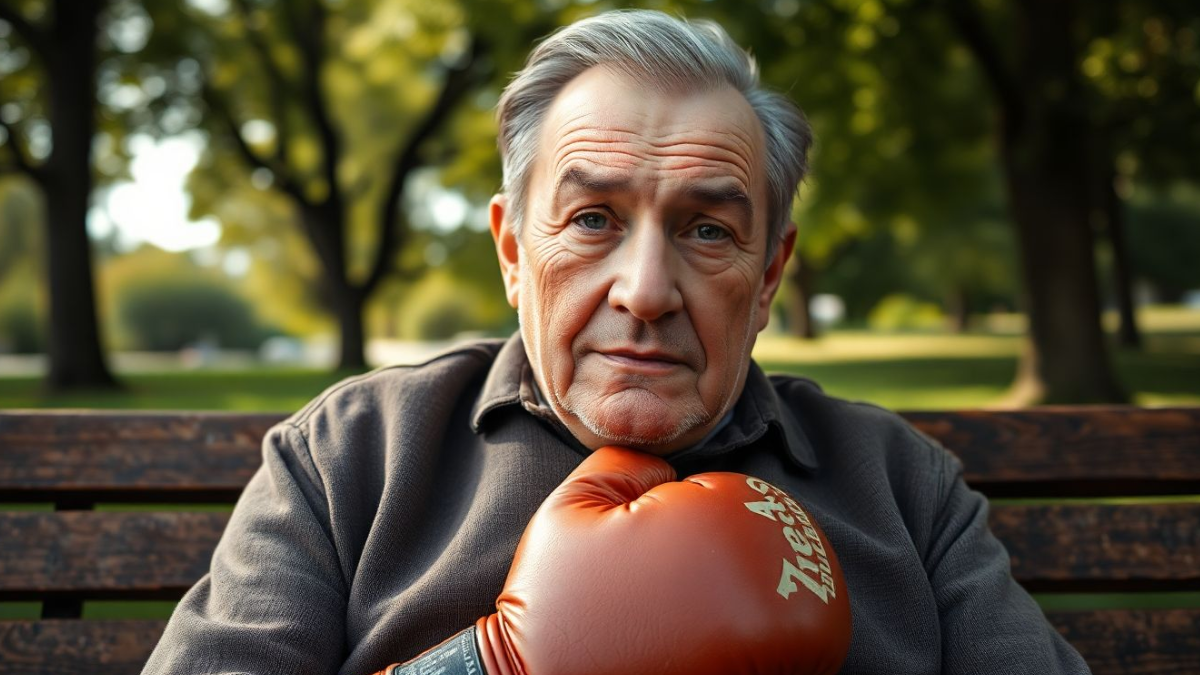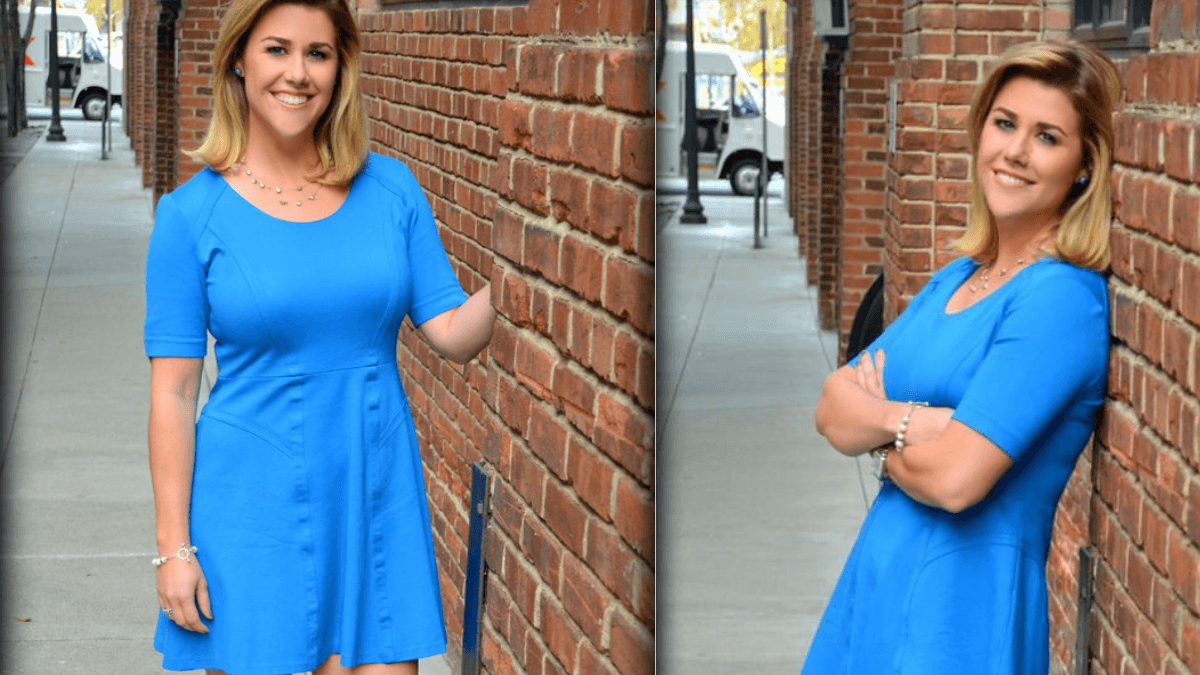In the world of global journalism, few voices are as exclusive and right away recognizable as that of Hugo Bachega Accent, the BBC’s Middle East correspondent. His precise accent has captivated audiences international, sparking curiosity about the linguistic adventure that fashioned his first rate vocal identity. The Hugo Bachega accent represents greater than just a way of speaking—it is a testament to the energy of cultural variation, professional improvement, and the beautiful complexity of multilingual journalism.
Who Is Hugo Bachega? Understanding the Man Behind the Voice
Hugo Bachega is a Brazilian-born BBC correspondent who has made a tremendous mark in global journalism. Currently serving as the BBC’s Middle East correspondent based totally in Beirut, Bachega has constructed a popularity as a fearless struggle reporter masking a number of the sector’s maximum hard and threatening memories.
Born among 1983 and 1993, making him between 30 and 40 years old as of 2024, Bachega’s adventure from Brazil to turning into one of the BBC’s maximum respected international correspondents is as fascinating as the accessory that has become his trademark. His multicultural history and huge global experience have contributed to creating what many don’t forget one of the maximum intriguing vocal signatures in current journalism.
The Origins of Hugo Bachega Accent
Brazilian Roots: The Foundation
Hugo Bachega became born in Brazil, a rustic recognised for its wealthy linguistic diversity, wherein Portuguese is the authentic language however local accents range considerably. The Brazilian Portuguese accessory bureaucracy the inspiration of his unique vocal identity, imparting the rhythmic and melodic characteristics that make his speech so one-of-a-kind.
Brazilian Portuguese differs notably from European Portuguese in pronunciation, intonation, and rhythm. The Brazilian variation has a tendency to be more musical, with a flowing first-class that emphasizes vowel sounds and creates a obviously melodic speech sample. This inherent musicality became the bedrock upon which Bachega’s specific accessory changed into constructed.
The International Evolution
His accent is a blend of his Brazilian roots and his professional reports in English-talking countries, making his voice each awesome and relatable inside the field of international journalism. The evolution of Bachega’s accent tells the tale of a journalist who has transcended geographical obstacles to end up a sincerely international voice.
Working with the BBC, based in London, has undoubtedly influenced his pronunciation and delivery. The accessory blends the rhythmic and tender tones of Brazilian Portuguese with the polished, enunciated cadence of British English, which has probable advanced through his paintings at the BBC in London.
The Linguistic Components of the Hugo Bachega Accent
Portuguese Influence
The Portuguese foundation of Bachega’s accessory manifests in several key ways:
- Vowel Quality: Brazilian Portuguese vowels hold their readability and openness even if he speaks English, creating a warm, available tone that audiences discover enticing and sincere.
- Rhythm and Cadence: The natural rhythm of Portuguese speech, with its flowing syllabic structure, offers his English a completely unique musicality that units him aside from native English speakers.
- Consonant Articulation: Certain consonant sounds reflect his Portuguese historical past, mainly in how he handles ‘r’ sounds and certain consonant clusters.
British English Refinement
Hugo Bachega’s refined accessory may be the result of media communication schooling—a not unusual exercise among journalists to beautify vocal transport, lessen heavy accenting, and assignment authority. His time with the BBC has surely motivated his pronunciation, adding layers of class that make his accessory both expert and different.
The British impact appears in:
- Vowel adjustments that lean toward Received Pronunciation
- Careful articulation that ensures readability for global audiences
- Professional intonation patterns ordinary of BBC broadcast requirements
Global Journalistic Adaptation
Hugo’s accent combines the musicality of Brazilian Portuguese with diffused touches of British and American English, a reflection of his career. His tremendous worldwide reporting has uncovered him to numerous English dialects and accents, creating subtle influences that make his speech universally handy.
The Professional Impact of Bachega’s Unique Accent
Building Trust and Authority
In journalism, voice and accent can significantly effect target audience belief and credibility. Listeners describe his voice as clean, impartial, globally resonant, and properly-acceptable for international broadcasting. The Hugo Bachega accessory moves an excellent balance among strong point and accessibility, making him right away recognizable whilst final universally understood.
Cultural Bridge-Building
His cultural history and Brazilian accessory have played an essential role in shaping his journalistic method. As a Brazilian living in the UK, Bachega’s dual identification presents him with a completely unique attitude on global issues. His accent serves as a linguistic bridge, representing the multicultural nature of contemporary journalism and worldwide conversation.
Multilingual Advantage
As a bilingual journalist fluent in Portuguese and English, Bachega has the unique potential to relate to more than one cultures and audiences, making him a key discern in worldwide news coverage. He additionally speaks Arabic, which has confirmed useful in his reporting from the Middle East. This multilingual capability, reflected in his accessory, complements his effectiveness as an worldwide correspondent.
The Science Behind Accent Development
Neuroplasticity and Language Acquisition
The improvement of Bachega’s accessory illustrates charming standards of neuroplasticity and grownup language acquisition. When adults examine new languages or adapt to new linguistic environments, their brains create new neural pathways at the same time as keeping connections to their local language patterns.
This system explains why Bachega’s accessory retains its Brazilian characteristics at the same time as incorporating British English elements. The brain would not truly update old language styles but creates a complex overlay machine that outcomes in the particular hybrid accessory we hear these days.
Professional Voice Training
Techniques like breath control, vowel neutralization, and strain modulation are probably additives of professional voice training that may have contributed to Bachega’s subtle transport. Broadcast journalism requires precise vocal competencies that assist ensure readability, authority, and audience engagement across various listening contexts
Cultural Significance and Global Appeal
Representing Modern Journalism
The Hugo Bachega accent represents the evolving face of global journalism. In an increasingly globalized world, journalists like Bachega encompass the multicultural, multilingual fact of contemporary information reporting. His accent would not match into traditional specific barriers, similar to the tales he covers and the audiences he serves.
Breaking Stereotypes
Hugo Bachega’s accessory, a mix of his Brazilian roots and international exposure, provides a unique charm to his reporting. It not simplest makes him easily recognizable but also provides an genuine touch to his tales. His achievement challenges conventional notions approximately what a “right” broadcast accessory should sound like, proving that authenticity and competence be counted greater than conformity to hooked up norms.
The Technical Aspects of Broadcast Communication
Vocal Clarity and Comprehension
One of the most brilliant components of the Hugo Bachega accent is its readability and comprehensibility. Despite its specific person, his accent enhances rather than hinders communication. This achievement displays each natural linguistic capacity and expert training in broadcast conversation.
Emotional Resonance
The musicality inherent in his Brazilian history, mixed with the precision of his English pronunciation, creates an emotional resonance that makes his reporting in particular effective. This vocal great facilitates bring the human effect of the testimonies he covers, specially crucial given his attention on battle and crisis reporting.
Impact on Audience Engagement
Recognition and Memory
The specific nature of Bachega’s accent aids in audience reputation and reminiscence retention. In the crowded discipline of global journalism, having a unique and memorable voice is a useful asset. Audiences can right away pick out him, which builds familiarity and believe through the years.
Cross-Cultural Appeal
His accessory appeals to diverse international audiences exactly as it does not comply with a single national trendy. British audiences don’t hear him as absolutely overseas, at the same time as international audiences discover his accent extra handy than conventional BBC Received Pronunciation.
Lessons for Aspiring International Journalists
Embracing Linguistic Heritage
Bachega’s achievement demonstrates that journalists don’t want to completely abandon their linguistic history to succeed in international media. Instead, they can leverage their specific backgrounds as professional assets.
Professional Development
His adventure illustrates the significance of expert voice education and accent refinement with out complete assimilation. The aim isn’t to put off one’s background however to beautify clarity and expert presentation.
Cultural Authenticity
His accessory tells the story of a journalist who has worked across continents and tailored to numerous languages and cultures, bridging gaps in communique. This authenticity will become a expert power instead of a drawback.
The Future of Accents in Global Media
Changing Standards
The achievement of reporters like Hugo Bachega indicators a shift in broadcast standards. Traditional notions of “proper” broadcasting accents are evolving to include diversity and authenticity, reflecting the worldwide nature of modern media intake.
Technological Considerations
As media becomes increasingly more virtual and global, the capability to speak in reality across cultural and linguistic barriers will become extra precious than conforming to precise nearby accent standards.
Conclusion: The Lasting Impact of the Hugo Bachega Accent
The Hugo Bachega accessory represents a ways more than a unique way of speakme—it embodies the evolution of worldwide journalism, the electricity of cultural authenticity, and the stunning complexity of multilingual verbal exchange.
His voice has come to be globally resonant and well-acceptable for global broadcasting, proving that fulfillment in journalism comes no longer from conformity but from the effective mixture of professional skill and real personal background.
As audiences global retain to hear his one-of-a-kind voice reporting from a number of the sector’s most tough places, the Hugo Bachega accent serves as a reminder that variety in journalism isn’t always just about representation—it is approximately bringing particular views, cultural expertise, and real verbal exchange to international information insurance.
His accessory tells a tale of expert excellence, cultural pleasure, and the seamless integration of personal heritage with international career demands. For aspiring reporters, media professionals, and all of us interested by the intersection of language and expert fulfillment, Hugo Bachega’s accent gives a compelling instance of ways authenticity and professionalism cannot handiest coexist but create something totally specific and remarkably effective.
In a world in which conversation an increasing number of transcends borders, the Hugo Bachega accessory stands as a testament to the energy of embracing one’s linguistic historical past while adapting to expert demands. It’s not simply an accent—it’s a bridge between cultures, a mark of expert excellence, and a completely unique voice inside the vital work of international journalism.










